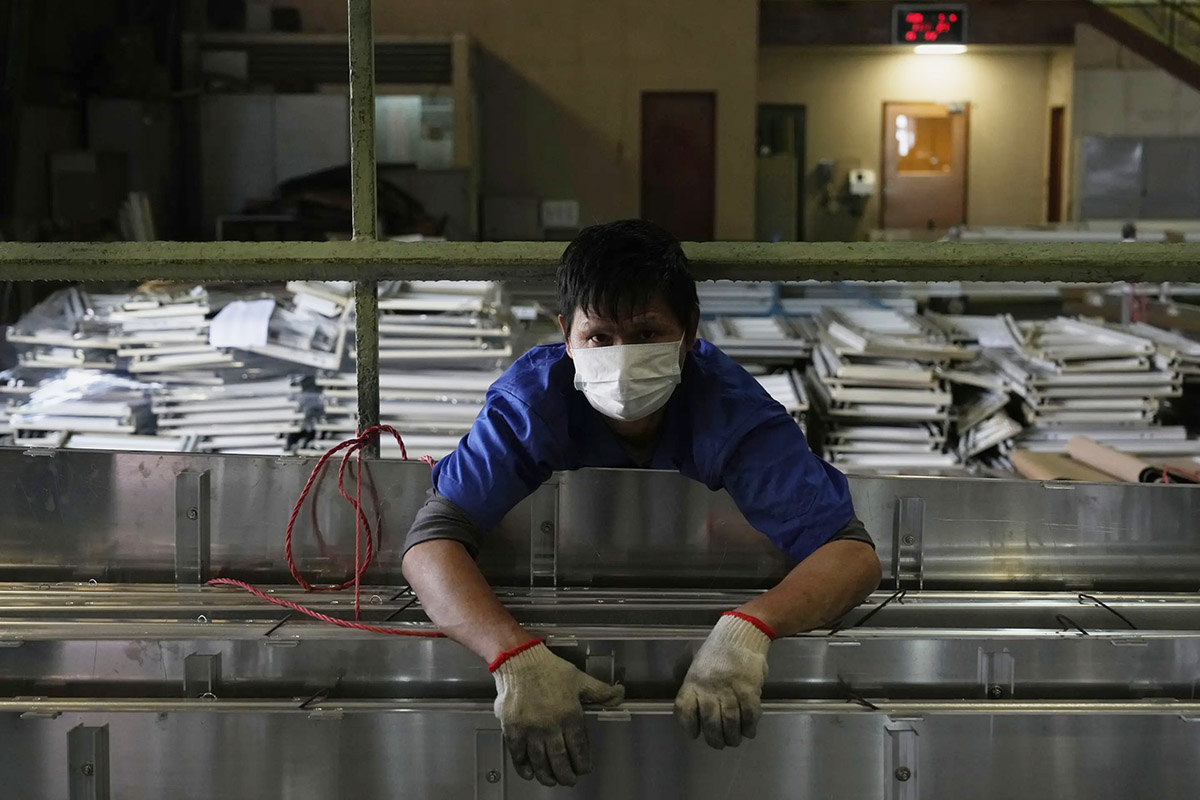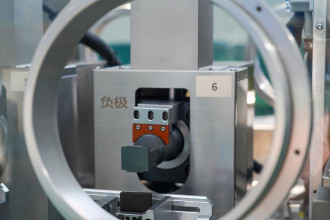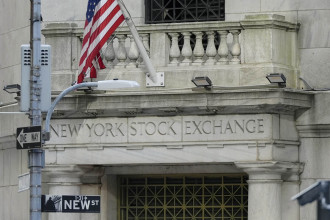
DONGGUAN, CHINA: Massive aluminium sheets hang in Danny Lau’s factory as workers busily paint them with oil coating in the southern industrial city of Dongguan, China.
The Hong Kong businessman established this factory in mainland China in the 1990s, taking advantage of lower manufacturing costs. While the factory has endured previous economic challenges, Lau described the escalating trade war as “most difficult.”
“We didn’t expect that our orders would suffer so heavily,” Lau said.
During US President Donald Trump’s first term, the factory faced a 25% tariff. After Trump returned to the White House this year, tariffs escalated significantly, with the US imposing sweeping 145% tariffs and China raising its tariffs to 125%. For Lau’s aluminium-coating factory, this resulted in a 75% tariff on his products.
One-third of the clients for Lau’s Kam Pin Industrial are from the US. One US client stated they would continue purchasing materials from Lau for an ongoing project due to the lack of alternative suppliers but would reconsider sourcing from him for future projects. A few clients informed him that the likelihood of continuing business with him is slim. “Prospects are grim,” he said.
Since late 2024, Lau’s company has been exploring opportunities in new markets, anticipating Trump’s increasing tariffs. Recently, he visited several Middle Eastern countries. While other Chinese exporters have been diversifying their markets since Trump’s first term, Lau found the US market difficult to replace.
“The US market has big advantages — it has the ability to pay, and they have demand for high quality and punctual delivery,” Lau said. “Without that market, it would be difficult for us.”
A virtual reality equipment and game company has successfully found demand in Southeast Asia, Latin America, and the Middle East.
“The living standard, views on consumption, and the cultural feelings of these countries are close to those of China,” said Zou Huajian, who oversees export business at Zhuoyuan VR Tech.
Zou explained that his company redirected resources to developing economies after the Covid19 pandemic caused setbacks. The US now accounts for less than 10% of the company’s business, Zou said, as consumers are less willing to spend on entertainment.
Half of the company’s orders now come from countries outside China, particularly from Asia-Pacific nations, with India being one of their largest export markets.
By RSS/AP





-1745219058.jpg)
